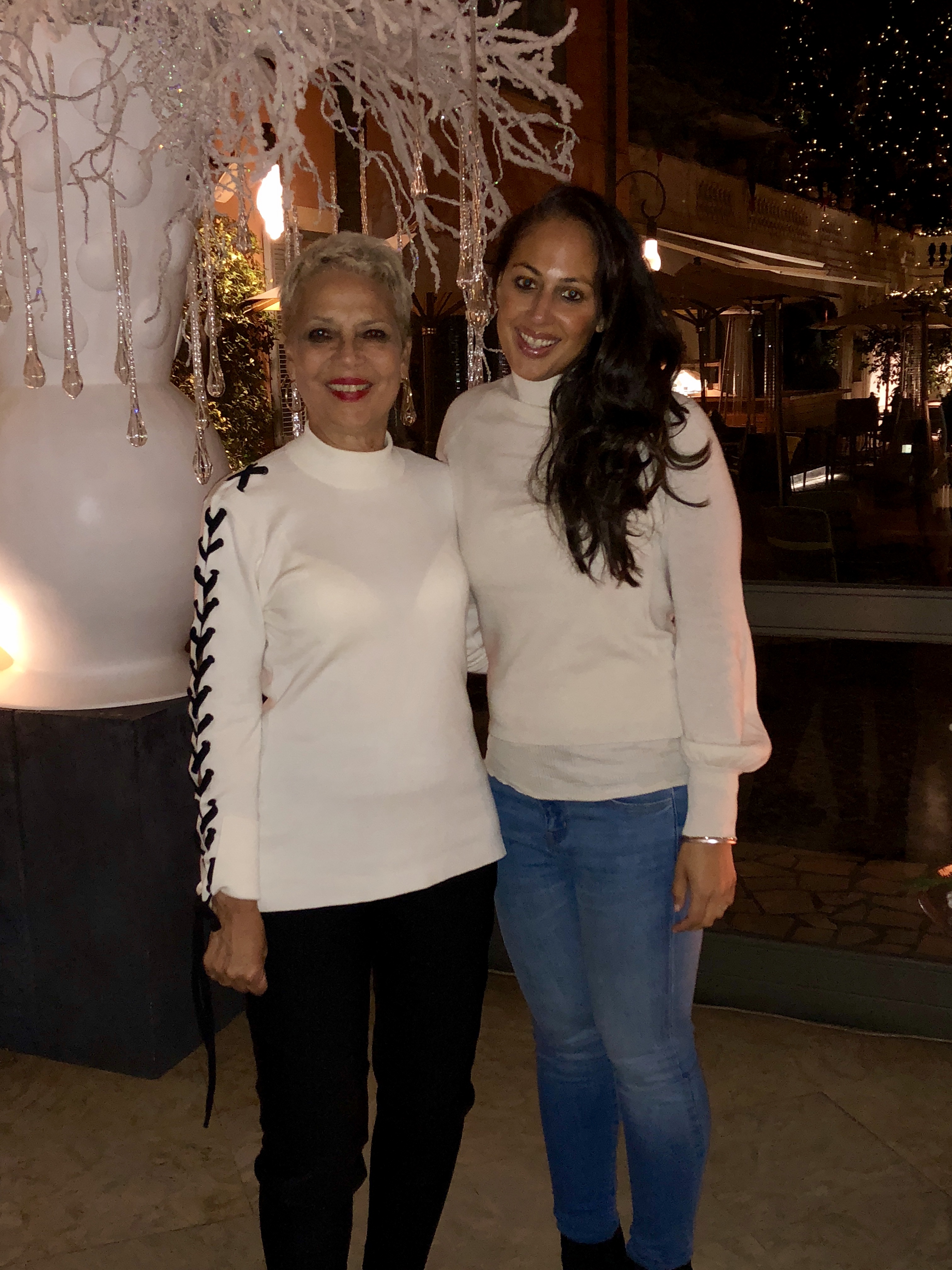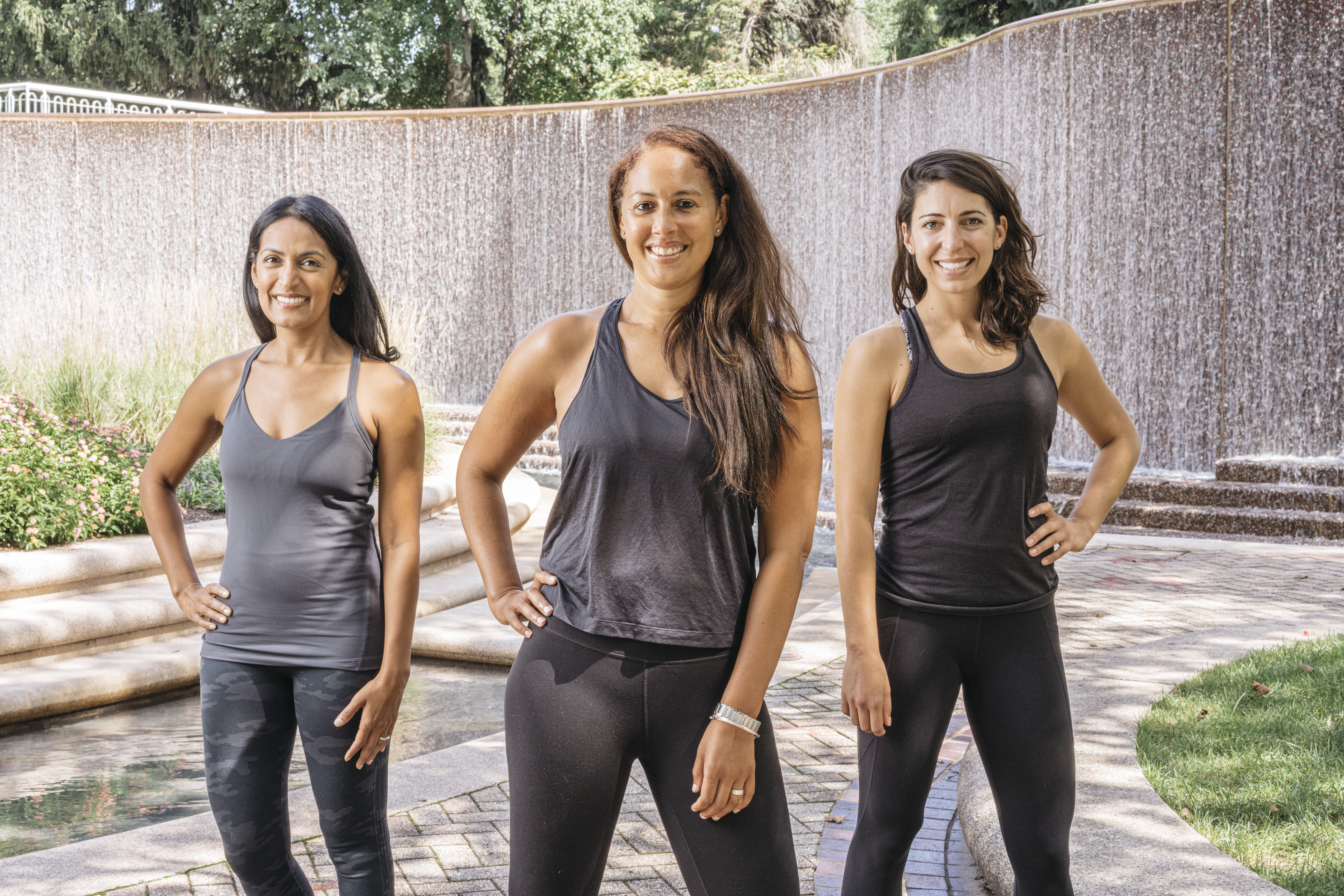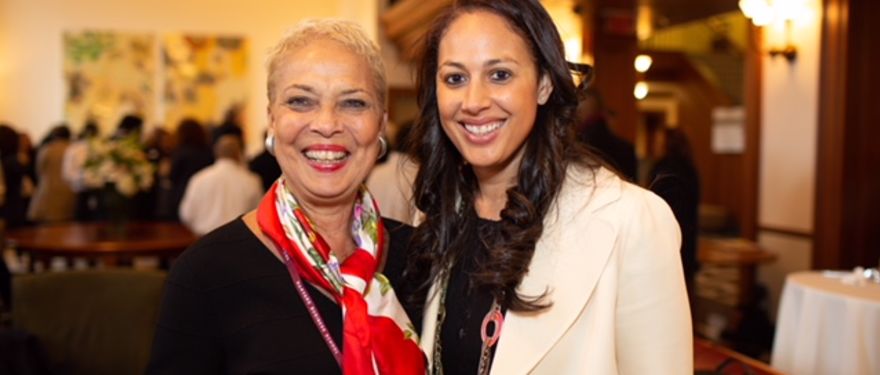I’ve always admired my mom, Benaree Pratt Wiley, and her courage, and was amazed when I discovered she was one of twenty-eight women out of 800 in Harvard Business School’s Class of 1972. During her tenure, they didn’t even have a designated women’s restroom in Aldrich. While the experience was one of the hardest in her life in a white-male dominated institution, the struggle was worth it.
Growing up, I noticed the value of the Harvard MBA experience, especially as a Black woman. It gave her the skill sets, credibility, and community to have an influential career. It allowed her to take risks that she might not have felt as comfortable with otherwise, like following her passion to found and build The Partnership, a sustainable social enterprise that has forever changed the fabric of Boston’s business community, especially for people of color. Even after stepping back from full-time work, she’s continued to drive impact through her current five Corporate/Non-Profit boards helping to strengthen their governance and commitment to diversity and inclusion.
So I knew at an early age that I wanted to go to business school so that I would have the leadership training, resources, and community support to amplify my journey and contribution. Little did I know, we’d become the first African-American mother-daughter duo to graduate.

As a Black female founder, I’ve been extremely fortunate to have grown up in a household that exposed me to entrepreneurship, encouraged risk taking, and empowered me to use passion as my compass. Entrepreneurship is one of the most successful ways to not only build wealth for your community, but also to close the many gaps that exist due to years of systematic racism through policy and discriminatory practices—wealth gap, achievement gap, and health inequity.
Wellness is often treated like a privilege; it is only accessible to those who are “in the know." In reality, wellness is a category desired across gender, ethnicity, and socioeconomic groups. Everyone deserves access to aspirational offerings that elevate their mental and physical well-being, and it is important that all segments of the population have access to wellness offerings.
Personally, I’m a wellness-nerd and fitness enthusiast. Wellness has always been a powerful anchor in my life—physically, mentally, spiritually. Which is why I founded SoHookd, with the mission to inspire healthy lifestyles and unlock access to wellness for all. At SoHookd, we are committed to making wellness more desirable, accessible, and affordable, so that we can play our part in closing the health equity gap.

In a nutshell, SoHookd primarily helps healthcare companies (payers) and employers incentivize, drive healthy behavior, and strengthen member loyalty by curating a collection of affordable and desirable wellness products and experiences—such as healthy meal delivery, online meditation, virtual/in-person fitness, self-care, and athletic apparel—that can be integrated into their gift/reward, incentive, and benefits programs.
The pandemic and racial reckoning this past year has not only highlighted the health equity gap, but also exposed the lack of internal preparedness across many organizations. This has further demonstrated the critical importance of supporting holistic wellbeing.
As an entrepreneur, I’m often drawing upon the HBS experience to amplify the SoHookd journey. From recruiting amazing leadership talent and leveraging strategic frameworks to quickly gaining advice and access to decision makers from industry experts. However, that’s just from a professional perspective. Founding a company is holistic, involving family, friends, and community. There are so many people who are a part of “my village” that have shared the HBS experience. They are some of my closest friends, advisors, cheerleaders, and even my husband, Les Williams (MBA 2005).
While my mom and I graduated 34 years apart, being an alumna of HBS continues to be a powerful experience for both of our journeys. We’re proud we both have followed our passion to expand access and positively impact our community.

